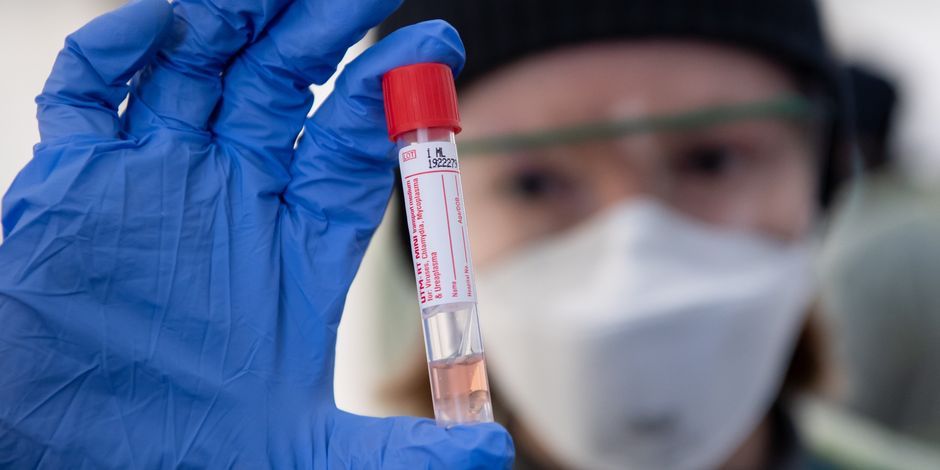Testing people infected with the new coronavirus (Covid-19) too early in the course of the infection is likely to lead to a false-negative test result, a recent study shows.
Johns Hopkins researchers estimated that people that were tested for the virus in the four days after infection were 67% more likely to test negative, even if they had the virus, by reviewing RT-PCR (reverse transcriptase polymerase chain reaction) test data from seven prior studies.
When the average patient began displaying symptoms of the virus, the false-negative rate was 38%.
"A negative test, whether or not a person has symptoms, does not guarantee that they are not infected by the virus," said Lauren Kucirka, M.D., Ph.D., M.Sc., obstetrics and gynaecology resident at Johns Hopkins Medicine.
The test performed best eight days after infection, which is about three days after symptoms start occurring, according to the report, published on 13 May in Annals of Internal Medicine, one of the most widely cited and influential speciality medical journals in the world.
However, even then, there was a false negative rate of 20%, meaning one in five people who had the virus had a negative test result.
"How we respond to and interpret, a negative test is very important because we place others at risk when we assume the test is perfect," Kucirka said. "However, those infected with the virus are still able to potentially spread the virus," she added.
Related News
- Why some coronavirus tests give false negative results
- Coronavirus: Three out of ten tests give false negative result
- Belgium keeps borders closed to travellers from EU's 15 safe countries
Patients who have high-risk exposure should be treated as if they are infected, according to Kucirka, especially if they have symptoms that are consistent with Covid-19.
As shown in tests for other viruses, as well as for the coronavirus, if a swab misses collecting cells infected with the virus, or if virus levels are very low early during the infection, some tests can produce negative results.
In April, Belgian virologist and inter-federal Covid-19 spokesperson Steven Van Gucht already suggested that testing too late could also result in false-negatives, after the Belgian centre for evidence-based medicine published an article stating that approximately 30% of PCR tests result in a false-negative.
However, since these tests are known for their quick results, they have been widely used among high-risk populations such as nursing home residents, hospitalised patients and health care workers.
False-negatives are mainly due to incorrectly swabbing a patient, according to Joris Moonens, spokesperson for the Flemish Agency for Care and Health.
Johns Hopkins Medicine researchers reviewed test data from seven prior studies, covering a combined total of 1,330 respiratory swab samples, from hospitalised patients as well as those identified via contact tracing in an outpatient setting.
"We are using these tests to rule out Covid-19, and basing decisions about what steps we take to prevent onward transmission, such as selection of personal protective equipment for health care workers," said Kucirka.
"As we develop strategies to reopen services, businesses and other venues that rely on testing and contact tracing, it is important to understand the limitations of these tests," she added.
Ongoing efforts to improve tests and better understand their performance in a variety of contexts will be critical as more people are infected with the virus and more testing is required.
The sooner people can be accurately tested and isolated from others, the better we can control the spread of the virus, the researchers say.
Maïthé Chini
The Brussels Times

